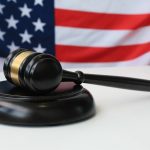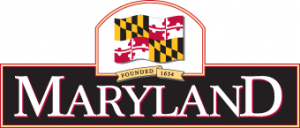
New Jersey Gambling License Renewal Deadline Approaching [...]

TRY THESE POPULAR GAMES:
- May 11, 2017 By Riley Wilson -

Maryland Casinos enjoy very good results in April.
Maryland Lottery and Gaming Agency released the April 2017 figures, which show a significant improvement when compared to the results from the same period of last year.
Old Line State casinos earned 30.6% more money than in the same month of 2016, but you don’t count the results of MGM Resorts’ National Harbor – which started working in December – the revenue of Maryland’s casino dropped by 17.4%.
The total of six casino operators managed to gross $135.7 million during the 30 days of April, some $6 million short of the best result ever, achieved in March this year.
National Harbor leads the way with $49.9 million earned in April. Although this is more than a fine result, it’s still down when compared to March ($51.2).
Maryland Live is right behind with $45.3, also suffering a small decline when compared to March. However, this drop is more than 20% in comparison to April 2016 figures.
Baltimore’s Horseshoe Casino, owned by Caesars Entertainment, earned $24.6 million or 18.7% less than in 2016, while Hollywood Casino Perryville also recorded a negative year-to-year result of 8%, earning the total of $6.4 million.
Ocean Downs and Rocky Gap improved their last year results by 3.3% ($4.8 million) and 10.2% ($4.6 million) respectively.
Many people decide to ban themselves from a casino in order to restrain their gambling habit, and sometimes even out of anger for losing their money. Nevertheless, this has become a very popular mean of dealing with any sort of gambling-related problem.
However, the state’s self-exclusion program doesn’t seem to be effective. Both the media and self-excluded gamblers claim they encounter little or no problem in accessing casinos.
Around 1,400 people have signed up for the Maryland Voluntary Exclusion Program, while the casino staff has the duty to prevent them from entering the premises. But the main flaw of the whole program is the fact it mostly relies on gamblers themselves.
The operators insist they are giving their best, but admit the mistakes happen. The state is looking for more effective methods of enforcing the self-imposed ban, but they emphasize the responsibility of those who opted for this measure.